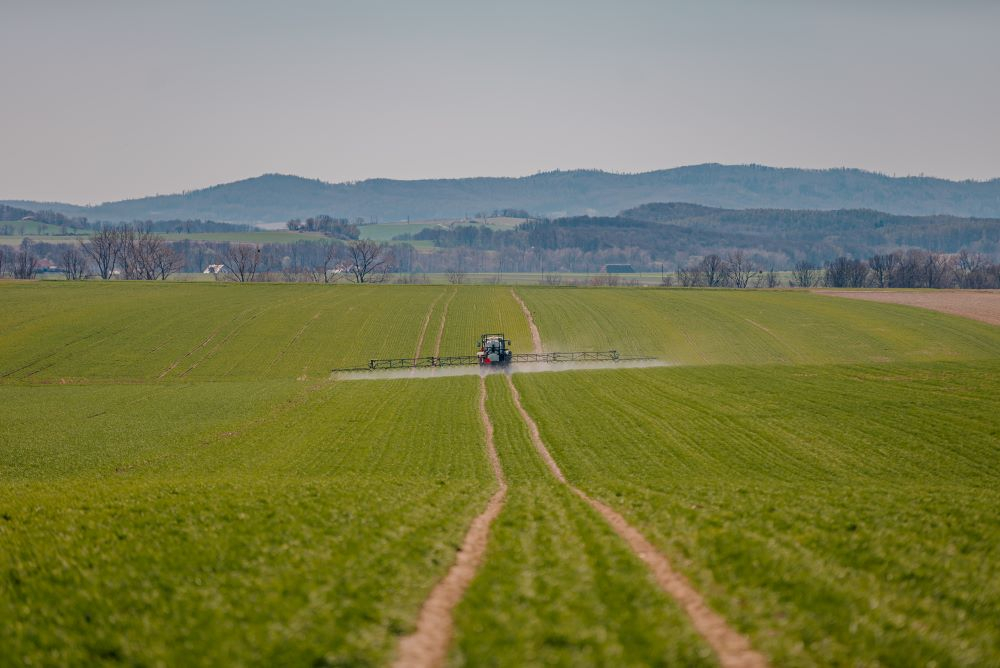This article is also available in Italian / Questo articolo è disponibile anche in italiano
In the last 22 years EU officials have failed to stop any single pesticide, despite laws supposed to protect declining insect populations. Saying this is the License to Kill report published yesterday, Tuesday 26 November, by Pesticide Action Network Europe (PAN).
According to the study, notwithstanding the collapse of ecosystems, for over two decades European Commission officials have circumvented the law and authorised dozens of pesticide formulations following guidelines written with the help of major agrochemical companies. Alongside, the report tells how governments and the European Food Safety Authority (EFSA) continue to use guidelines written by the chemical industry to further weaken environmental protection.
The EU Pesticides Regulation
The EU Pesticides Regulation establishes that plant protection products must not have unacceptable effects on the environment and “non-target” species, considering their impact on biodiversity and ecosystems. However, highly toxic pesticides that affect non-target insects and have a negative impact on biodiversity continue to be systematically approved in the EU. This is feasible thanks to an outdated Guidance Document, which details assessment procedures on the impact of pesticides on non-target arthropods in the EU. according to PAN, this Guidance Document allows the killing of arthropods with almost no limits.
Adopted in 2002 and never revised, this document was heavily influenced by industry representatives. The tests required to assess the impact of pesticides on arthropods are limited and not sensitive enough, allowing up to 50% of the population to be killed by spraying a single pesticide. In agriculture, the reality is that arthropods are exposed to pesticide cocktails and other chemical stressors that are not considered in the assessment. The Guidance Document has been instrumental in the dramatic collapse of arthropods currently taking place in Europe. Criticised by scientists and EU member states alike, it has not been revised for over twenty years to date.
“Arthropods have diverse ecological roles and are essential to the food supply of almost all land animals and humans” PAN Europe explains. “Scientists say agricultural intensification is the single main reason for a “severe decline” of insects and that pesticides are a major cause.”
New guidelines under review
In June 2024, the European Commission gave EFSA the green light to revise the guideline document. However, undisclosed documents obtained by PAN Europe show that the new guidelines would not increase the level of protection of insects or biodiversity as a whole.
These are EFSA internal documents obtained by PAN Europe that show how the agency hired consultants from the chemical industry to draft new pesticide risk assessment methods. These clearly favour intensive agriculture which in turn causes further losses of insects, spiders, beetles, butterflies and other arthropods.
The review work will be formally completed in the coming weeks and these new guidelines will be updated following a schedule to be published next January. If adopted, according to PAN Europe, the new methods will not increase protections for arthropods, and there is a risk that they will be used as a new standard in the years to come - also considering that the next guidelines under review will be those on amphibians.
The elements at the centre of the discussion
Another risk is that the new guidelines will be as ineffective or even worse than the current ones. Among the crucial points of the new guidelines would be status changes in the role of insects and the dynamics between insects, humans and agricultural production. Among these points, for example, agricultural production would be promoted to “ecosystem service”. This would remove protections for all arthropods on farmland, making less urgent any change in intensive farming practices to accommodate biodiversity. In contrast, all plant-feeding insects would be considered an “ecosystem dis-service” and excluded from protection, even though grasshoppers and other insects form the basis of vast food webs.
Further risks would be to use degraded farmland with collapsing ecosystems as a benchmark for healthy ecological conditions, drastically shifting objectives and blatantly contradicting EU legislation, or also to replace tests of whether real insect populations recover from the effects of a pesticide with cheaper, unreliable computer models that are difficult for outside experts to check. Finally, another crucial element would be to ignore the legal obligation to test the long-term impact of pesticides by limiting exposure tests to 48 hours.
The work of PAN Europe
Although PAN Europe already brought the case in front of the European Court of Justice, who recently clarified that in the pesticide law the environment has priority over the improvement of plant production, next December the NGO will also ask the Court to annul the authorisation of glyphosate throughout Europe. ‘Chemical lobbyists have somehow persuaded public officials to wave through pesticides that have wiped out vast numbers of bugs, including those essential to crop pollination, natural pest control and crop nutrition’, said Martin Dermine, executive director of PAN Europe. ‘The good news is that we’ve exposed this and there is still time to correct it. EFSA wasted large amounts of public money taking us in the wrong direction and that work must now be thrown out. It should live up to its founding principles, hire truly impartial scientists and use strong guidelines to quickly get rid of the pesticides causing so much chaos to the environment we all depend on.’
Imagine: Envato



